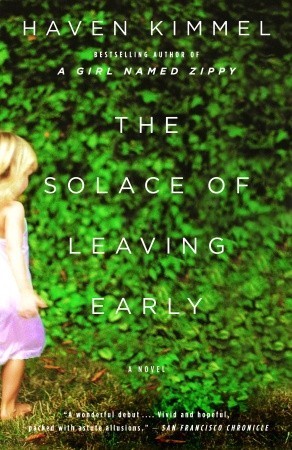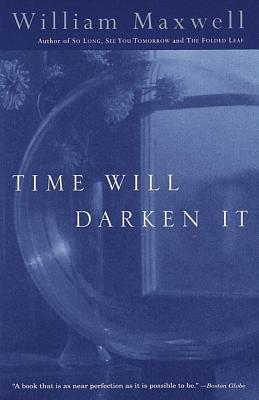
So Long, See You Tomorrow
Book Description
Secrets of small-town life unravel when a murder shatters the fragile peace. A young boy witnesses a betrayal that binds him to a tragic event, launching him into a world where innocence collides with guilt and loyalty is tested. As old memories resurface and relationships fray, the haunting echoes of love and loss linger in the air. Amidst the whispers of regret, one question looms: can the past ever release its grip, or will it forever shape the future?
Quick Book Summary
"So Long, See You Tomorrow" by William Maxwell is a poignant exploration of memory, loss, and the complexities of human relationships within a small Illinois town in the early 20th century. The novel is narrated by an adult looking back on a formative childhood friendship with Cletus Smith, whose life is upended when Cletus's father murders a neighbor over a marital affair. Through delicate, evocative prose, Maxwell examines the lasting impact of tragedy on a community and the ways guilt and regret shape our recollections. The book deftly weaves personal memory with the broader repercussions of betrayal and violence, questioning whether one can ever truly escape the shadow of the past.
Summary of Key Ideas
Table of Contents
Memory and the Reliability of Recollection
The novel centers on an unnamed narrator, who, as an adult, reflects on his youth in the rural town of Lincoln, Illinois. He reconstructs the story of his friendship with Cletus Smith, whose life intersected with the narrator’s during a period of intense upheaval. Their innocent boyhood camaraderie becomes entangled in a tragic series of events after Cletus’s family is torn apart by adultery and shocking violence—the murder of Lloyd Wilson by Cletus's father, Clarence Smith. The narrator’s retrospection is marked by an acute sense of distance and loss, as he tries to piece together fragmented memories shaped by the passage of time and his own remorse.
The Burden of Guilt and Regret
The murder functions as both a literal and metaphorical rupture, dividing the community and isolating the young protagonists. The characters’ relationships—between husbands and wives, fathers and sons, friends and neighbors—are strained to the breaking point. Maxwell reveals how the aftermath of betrayal and violence continues to reverberate, affecting not just the families involved, but rippling outward into the broader society. The narrator’s inability to offer comfort to Cletus in the aftermath becomes a source of enduring regret, emblematic of his own youthful limitations and the profound consequences of inaction.
Friendship, Betrayal, and Forgiveness
Throughout the novel, memory serves as both a bridge and a barrier. The narrator struggles to accurately remember details, acknowledging how time distorts recollection and makes the past mutable. Yet, he is compelled to revisit these memories, seeking redemption or understanding for things left undone or unsaid. Maxwell explores how the stories we tell ourselves and the gaps in those stories shape not just our sense of self but also our empathy for others. The narrative becomes an act of reconstruction, an attempt to honor Cletus’s suffering and the community’s collective loss.
The Impact of Trauma on Community and Self
Guilt and regret saturate the novel, influencing both the narrator’s adult life and his interpretation of childhood events. The narrator’s failure to reach out to Cletus during a moment of need haunts him, symbolizing larger questions about moral responsibility and the challenge of forgiveness. The novel suggests that guilt, far from being simply punitive, is integral to the way we remember and re-encounter the past. By confessing his shortcomings, the narrator seeks a form of atonement, hoping that by articulating his regrets, he may finally say goodbye not only to Cletus, but to the lingering ache of unfinished business.
Ultimately, "So Long, See You Tomorrow" is a meditation on the enduring consequences of trauma and the limits of reconciliation. Set against the backdrop of rural America, Maxwell’s evocative prose brings to life the intricacies of small-town dynamics and the hidden burdens people carry. The novel’s final message is one of compassionate understanding—that while the past may never truly release its grip, facing it with honesty and empathy can foster a quiet grace that transcends even deep sorrow.
Download This Summary
Get a free PDF of this summary instantly — no email required.





